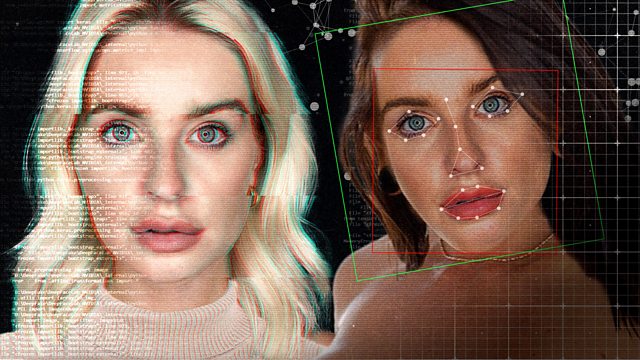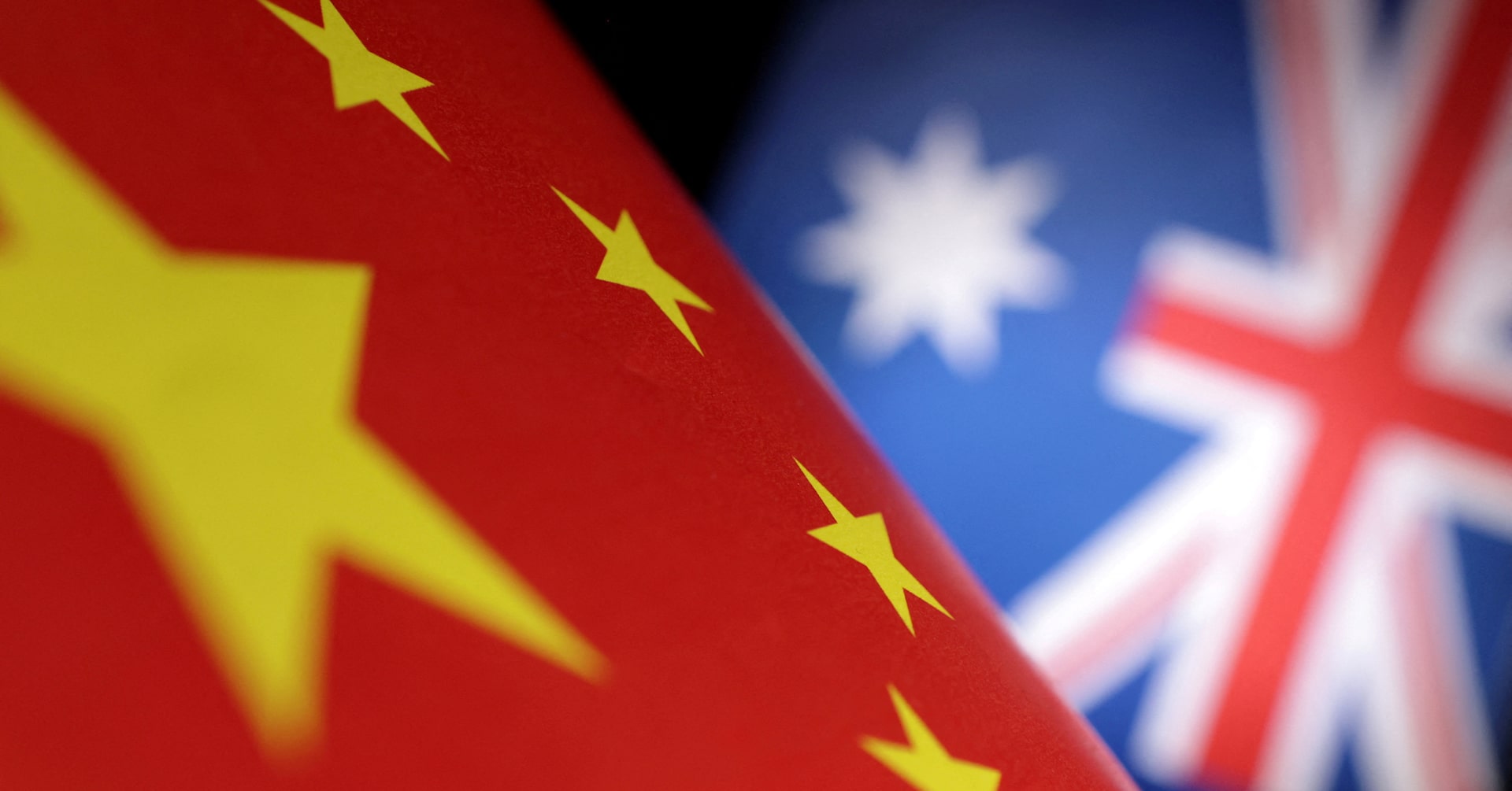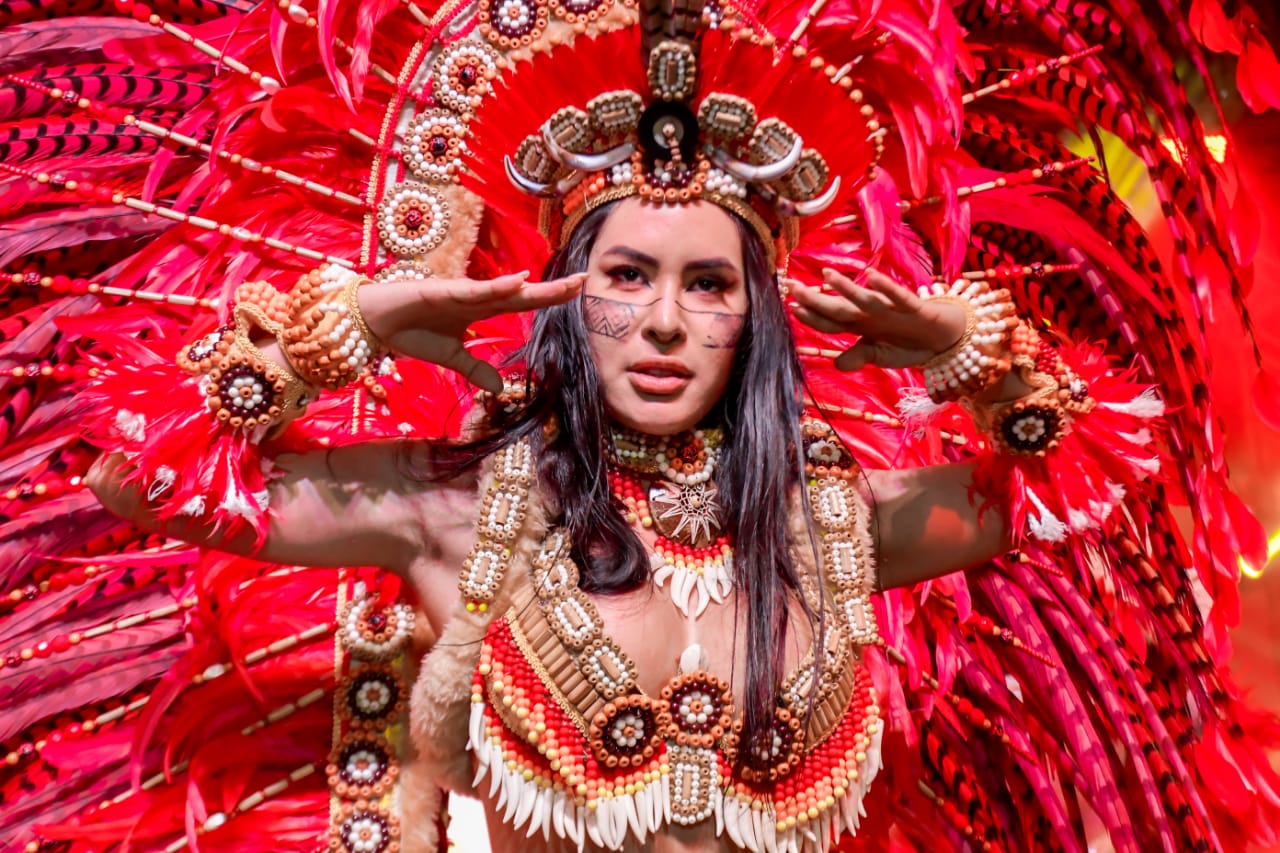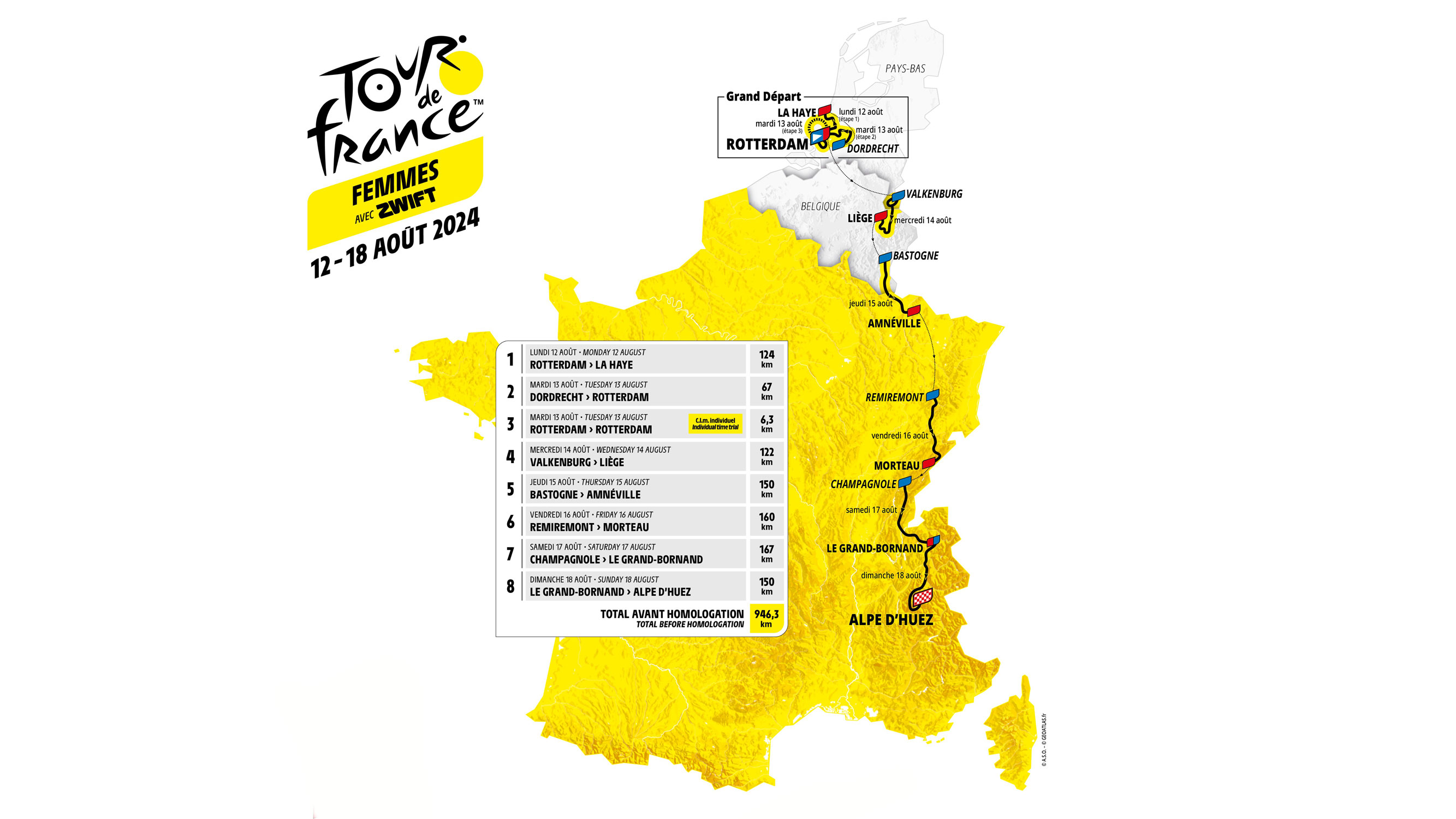The Truth Behind The BBC Agatha Christie Deepfake

Table of Contents
What is a Deepfake and How Does it Work?
Deepfake technology, a portmanteau of "deep learning" and "fake," leverages sophisticated artificial intelligence to manipulate visual media. It allows individuals to convincingly swap faces in videos, creating highly realistic, yet entirely fabricated, content. This technology uses a type of machine learning called generative adversarial networks (GANs). Essentially, two neural networks compete against each other – one generating a fake video, and the other evaluating its realism. Through this iterative process, incredibly convincing deepfakes are created.
- Definition of deepfake technology: The use of AI to create realistic but fake videos or audio recordings by superimposing one person's likeness onto another.
- Explanation of the machine learning process: GANs are trained on massive datasets of images and videos of the target person(s), allowing the algorithm to learn their facial expressions, movements, and other visual characteristics.
- Examples of deepfakes in other contexts: Deepfakes have been used for entertainment purposes (e.g., celebrity cameos in movies), but also for malicious purposes like creating fake news, spreading misinformation, and even impersonating individuals for fraudulent activities.
- Discussion of the software and resources needed: Creating sophisticated deepfakes requires specialized software, substantial computing power, and access to large datasets of target individuals.
Analyzing the Evidence: Did the BBC Use a Deepfake for Agatha Christie?
The claims of a BBC Agatha Christie deepfake center on [Specific scene or scenes from the alleged deepfake]. Accusations range from [Specific alleged anomalies, e.g., unnatural facial expressions, inconsistent lighting]. However, a thorough investigation reveals several counterarguments.
- Specific examples of scenes or moments cited: [Detail specific scenes and the reasons they were flagged as potentially deepfaked].
- Evidence that supports or refutes the claims: [Present evidence such as behind-the-scenes photos, statements from the BBC, or expert analysis of the footage]. For example, [cite specific counter-evidence, e.g., a makeup artist's testimony about the filming process].
- Examination of inconsistencies or discrepancies: [Point out any contradictions or flaws in the arguments presented by those who claim a deepfake was used].
- Consideration of alternative explanations: [Offer plausible alternative explanations for any perceived anomalies, such as lighting issues, camera angles, or editing choices]. The perceived inconsistencies may simply be artifacts of the production process or limitations of archival footage.
The Ethical and Legal Implications of Deepfakes
The rise of deepfake technology presents significant ethical and legal challenges. Its potential for misuse is immense.
- Potential misuse of deepfakes to spread misinformation and propaganda: Deepfakes can be used to fabricate evidence, damage reputations, and influence public opinion. The ease of creating these realistic fakes makes them a powerful tool for malicious actors.
- Legal challenges in proving authenticity: Determining whether a video is genuine or a deepfake is proving increasingly difficult, presenting significant challenges for law enforcement and the legal system.
- Impact of deepfakes on public trust: The widespread availability of deepfakes erodes public trust in media and online information, creating a climate of skepticism and uncertainty.
- Discussion of any existing or proposed legislation: Governments worldwide are grappling with the need for regulation to combat the misuse of deepfake technology, but establishing effective legal frameworks remains a complex undertaking.
The Future of Deepfakes and Media Authenticity
The future of deepfake technology is intertwined with the development of detection and prevention methods.
- Advancements in deepfake detection technology: Researchers are actively working on algorithms and tools that can identify subtle inconsistencies or anomalies in videos that may indicate the presence of a deepfake.
- The role of media literacy: Educating the public about deepfakes and promoting media literacy skills is crucial in combating the spread of misinformation.
- Potential for future regulation and control: The need for regulations and controls on the creation and dissemination of deepfakes is likely to intensify, but striking a balance between freedom of expression and the need to prevent harm will be a major challenge.
- Predictions about the future impact: Deepfakes are likely to become increasingly sophisticated and harder to detect, requiring a multi-pronged approach involving technological solutions, media literacy initiatives, and legal frameworks.
Conclusion
The alleged BBC Agatha Christie deepfake highlights the growing concern surrounding the potential misuse of AI-generated content. While the initial claims of a deepfake have [State the conclusion - were debunked, lacked evidence, etc.], this case serves as a critical reminder of the importance of critical thinking and media literacy. The pervasiveness of deepfakes necessitates vigilance. We must remain skeptical of online content and actively seek corroborating evidence before accepting information as fact. Share this article to raise awareness about the Agatha Christie deepfake controversy and the broader threat of deepfakes in media. Learn to identify and combat the spread of deepfakes – our collective media literacy is vital in navigating this complex and evolving landscape of misinformation. Don't let yourself be fooled by sophisticated deepfakes; learn to spot the signs and share your knowledge to combat the spread of false narratives. The future of trust in media depends on it.

Featured Posts
-
 Us Armys Australia Missile Launcher Test A Provocation For China
May 20, 2025
Us Armys Australia Missile Launcher Test A Provocation For China
May 20, 2025 -
 Robert Pattinson And Suki Waterhouse Script Reading Session
May 20, 2025
Robert Pattinson And Suki Waterhouse Script Reading Session
May 20, 2025 -
 Festival Da Cunha Em Manaus Isabelle Nogueira Apresenta Evento Com Shows Cultura E Imersao Na Amazonia
May 20, 2025
Festival Da Cunha Em Manaus Isabelle Nogueira Apresenta Evento Com Shows Cultura E Imersao Na Amazonia
May 20, 2025 -
 Robin Roberts Gma Family Announcement A New Addition
May 20, 2025
Robin Roberts Gma Family Announcement A New Addition
May 20, 2025 -
 Biarritz Celebre Le 8 Mars Parcours De Femmes Un Programme D Echanges Et De Debats
May 20, 2025
Biarritz Celebre Le 8 Mars Parcours De Femmes Un Programme D Echanges Et De Debats
May 20, 2025
